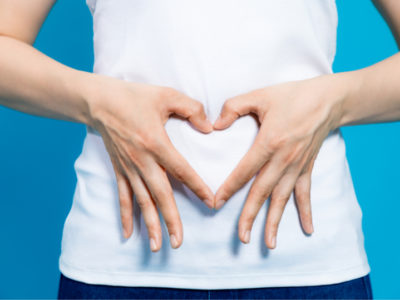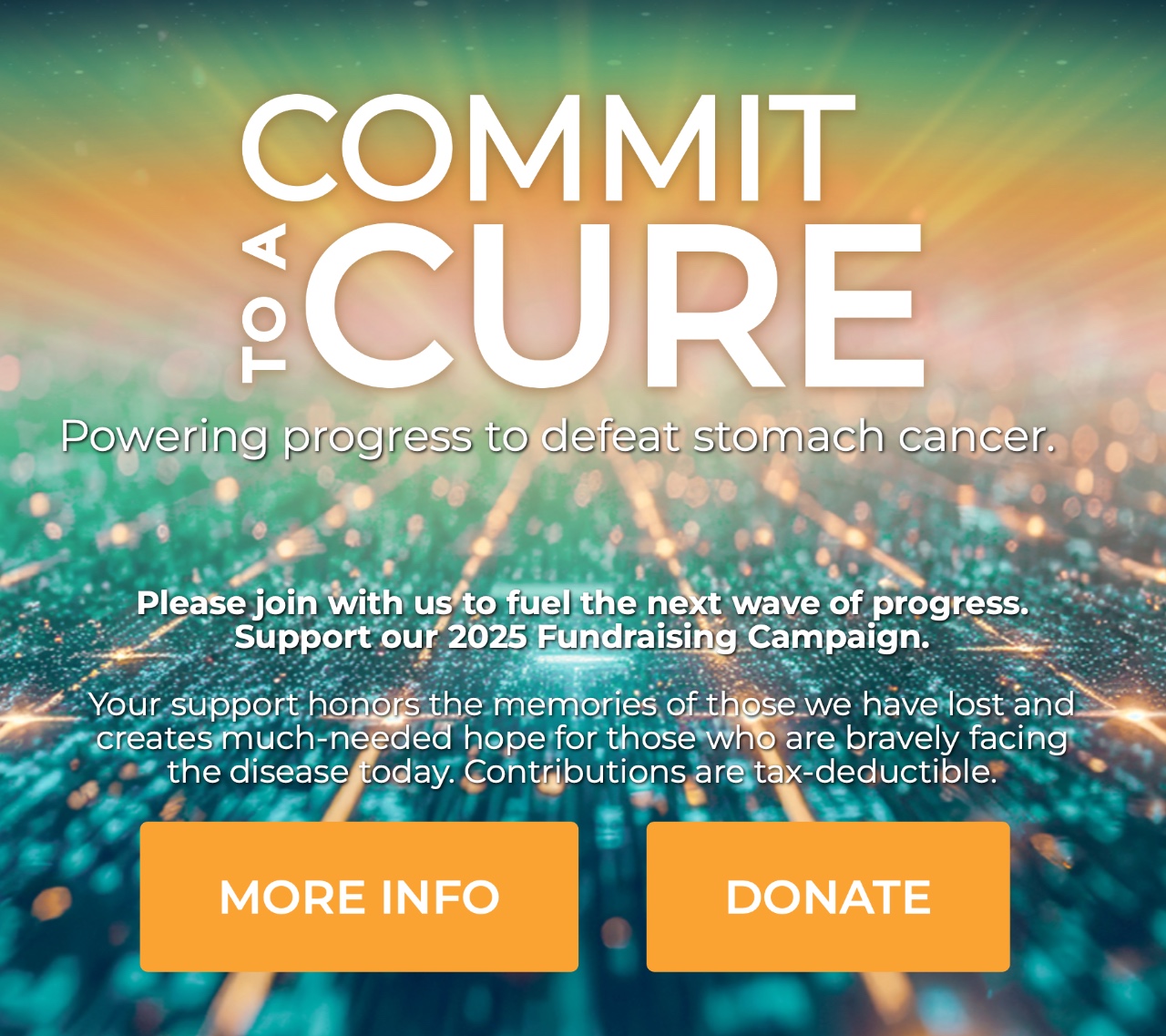Nutrition for Gastric Cancer Patients

Eating and Healing
Talk with your health care team if you are losing weight or having any problems digesting food. You may feel uncomfortable or too tired to eat, or have nausea, vomiting, constipation, or diarrhea from cancer treatment or pain medicines.
Some people have problems eating and drinking after gastric surgery. You may need to take vitamin and mineral supplements such as vitamin D, calcium, and iron or vitamin B12 shots.
You may also experience dumping syndrome when liquids pass into the small intestine too quickly, causing cramps, nausea, bloating, diarrhea, and dizziness. It may help to:
- Plan smaller, more frequent meals (some doctors suggest six meals per day)
- Drink liquids before or after meals
- Cut down on sweet foods and drinks (such as cookies, candy, soda, and juice)
- Ask your health care team if they can suggest medicines to control symptoms
A dietitian can help you choose the right foods and nutrition products . Some people can be helped by receiving nutrition through an IV (intravenous). A temporary feeding tube is rarely needed. You may also want to ask a dietitian:
- What foods are best soon after surgery?
- How can I avoid dumping syndrome?
- Are there foods or drinks that I should avoid?
This information is not provided as medical advice.
We urge you to consult with your physician regarding the most appropriate diet for your condition.
Learn from the Chef without a Stomach
Get advice on nutrition with cooking demos to support the healing process. Our monthly video series features board member and gastric cancer survivor, Hans Rueffert – widely known as “the chef without a stomach,” Chef Hans shares how to make some of the simple and nutritious meals that have helped him as a gastric cancer survivor.
Additional Resources
Find nutrition support and recipes through
the National Cancer Institute’s Eating Hints.



